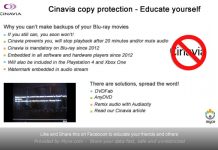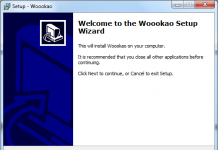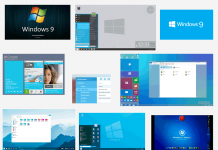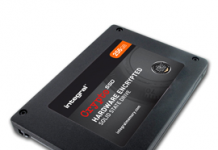CDR AUDIO QUALITY VS. BURNING SPEED
Does a CD-R burner's speed compromise the audio quality of files? I know there is a noticeable difference when burning 'audio" CD-Rs (i.e., playable on regular CD players) at different speeds, but what about when it's data (WAV, AIFF, or some other format)?
'“ Andre, Tokyo, Japan
The quality should not change regard-less of burn speed. You're putting the same info on the disc, just at a different rate. The ideal speed is often 2x because of the laser affecting adjacent tracks (heat). You can burn at 24x if your computer, burner, and disc can support that speed.
'“ mastemfool, Annapolis, MD
In my experience, burning at a higher rate increases the percentage of burned CD-Rs that wind up as coasters (either won't play, or are covered with digital noise). I've personally had good luck burning at 4x or slower, and bad luck burning at higher rates. It probably depends on your computer's processor, amount of memory, hard drive speed, CD-R drive, and other factors.
'“ DougP, Oakland, CA
My experience confirms what Doug said. Also, data CDs seem to be less critical as they are always read by computer drives, unlike audio CDs, which have to be read on any kind of cheap device. For general audio, I burn at 4x, for masters 2x, and for data as fast as I can '“ but always run the verify option and always clone everything.
'“ Emile, Montreal, Canada
My Sonic system has two of the old Sony CDW 900's for burning PCM audio CDs. Two-times seems to sound best for the track (I'm told the laser burns hotter and there's less error correction needed). Single speed seems to be the best way to go if it's a pop mix with the vocals out front. (I don't know why.) Meanwhile, I have a Microboards 8x CD tower and I swear the 8x copies from a master CD sound better than the master (mastered at either speed) from which they were copied. I didn't believe it at first, but I love to see peoples faces when we're A/B'ing the CDs.
'“ bdbklyn, Los Angeles, CA
I've had no problems burning audio at 8x with my TEAC CD-R drive, nor have I had issues at 4x with my SCSI Panasonic. I think the best thing you can do is burn at the drive's optimal rate '“ if you have a 12x CD-R drive, then burn everything at 12x unless it's one of those 'up to a certain speed" drives that depends on system factors. I've heard of people actually having problems burning at 2x with drives that support faster rates; the problems were correct-ed by increasing the burn speed.
'“ Dylan Walters, Portland, OR
The burning speed may influence jitter. Bob Katz wrote in a letter on his site www.digido.com: '...A large group of mastering engineers and critical listeners agree that CDs cut in different ways tend to sound different. The CD differs from other storage media in many ways, but the critical point is that the timing of the output clock and the speed of the spinning disc are related. The output of the CD player is a clocked interface, and the data are clocked off the CD disc in a 'linear' fashion, one block of data after another. A buffer is used, which theoretically cleans up the timing to make it regular again, and, for the most part, it does.
'A lot of this is theory...no one has proved it as fact. And there may be more than one mechanism causing jitter taking place.
'To obtain jitter in the low picosecond region requires extremely accurate timing. Any leakage current (interference) between the servo mechanism controlling the speed of the spinning disc and the crystal oscillator controlling the output of the buffer may destabilize the crystal oscillator enough to add jitter to the clock signal. This does not change the data, by the way. If the servo is working harder to deal with a disc that has irregularly spaced pits or pits that are not clean, perhaps leakage from the servo power affects the crystal oscillator. It doesn't take much interference to alter a clock by a tiny amount.
'This jitter is 'ephemeral,' though, because you can copy this data (irrelevant to the clock) and then play it back again from a more steady medium...and make it sound 'good' again. This is not a permanent problem."
I think every disc burner has a certain speed where irregularity is minimized, but I don't know how to prove it.
'“ adebar, Wiesbaden, Germany










